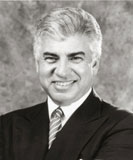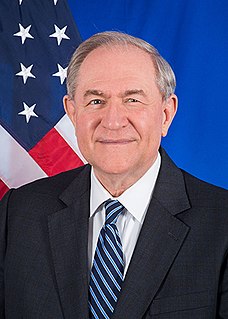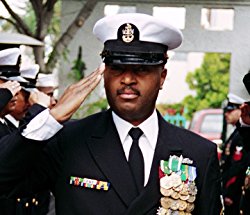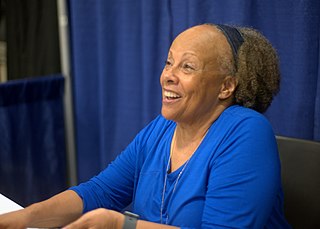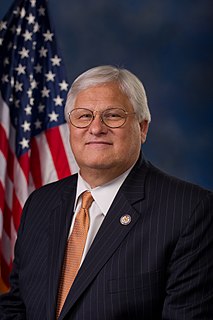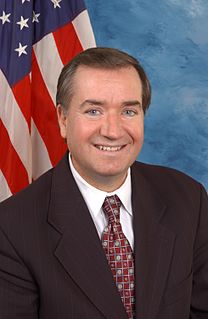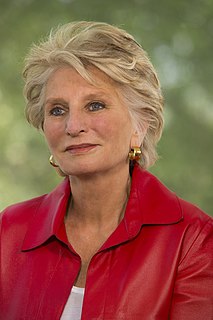A Quote by Richard Ben-Veniste
Well, our position, and our chairman has talked about this extensively, is that we had a lot of intelligence prior to 9/11. We knew that two al Qaeda operatives who ultimately participated in the 9/11 disaster were in the United States. We didn't find them.
Related Quotes
I think, in fact, the situation with respect to al Qaeda, to say that, you know, that was a big attack we had on 9/11, but it's not likely again, I just think that's dead wrong. I think the biggest strategic threat the United States faces today is the possibility of another 9/11 with a nuclear weapon or a biological agent of some kind. And I think al Qaeda is out there even as we meet, trying to figure out how to do that.
The 9/11 attack itself played out around the world, with planning meetings in Malaysia, operatives taking flight lessons in the United States, coordination by plot leaders based in Hamburg, and money transfers from Dubai - activities overseen by al-Qaeda's senior command from secure bases in Afghanistan.
I was an Army intelligence agent and a veteran during the Cold War, assigned to West Germany. I was the chairman of the National Commission on Homeland Security and Terrorism for the United States for five years. I was a person who has dealt extensively with these homeland security issues. I was a governor during the 9/11 attack.
The attacks of September 11 were made possible, in part, by the fact that U.S. law enforcement had a bias that 'rich Saudis are safe Arabs.' Al Qaeda understood that bias and relied on it to operate freely in the United States for years, even when the terrorists were engaged in activities that the authorities considered suspicious.
I'm connected to the event of 9/11 by my desire to do something to honor the 9/11 survivors and those who didn't survive. Something that moves our society forward, something that engages children in what it means to be a citizen and encourages them to love and be inclusive. Because if we don't live our lives well - if I don't live my life well - it's an affront to all the people who were involved in the tragedy of 9/11.
